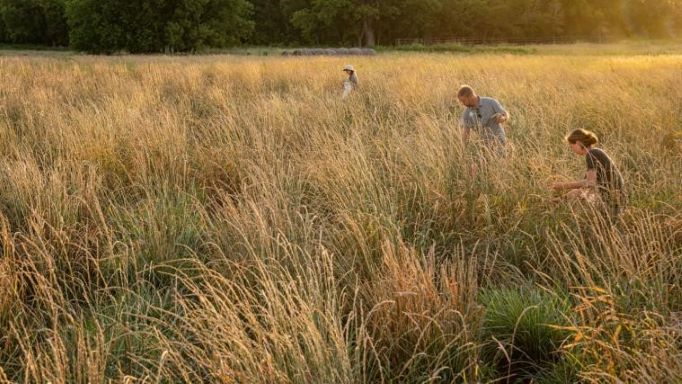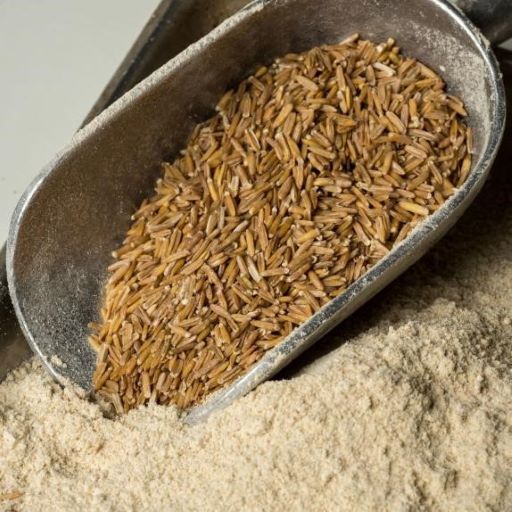新闻资讯
With New Perennial Grain, a Step Forward for Eco-Friendly Agriculture

A cereal and beers are now being made with a new variety of perennial grain known as Kernza. Proponents say this marks a significant advance for a new agriculture that borrows from the wild prairie and could help ensure sustainable food production in a warming world.
Some 40 years ago, Wes Jackson, a plant geneticist, founded The Land Institute on the prairie near Salina, Kansas. Concerned that modern agriculture destroyed native grasslands, he asked a question that came to define his life: How can we harness the inherent strengths of the prairie ecosystem — the natural resistance of native plants to insects and weeds, the ability of those plants to grow perennially, and their evolved resistance to cold and drought — and marry those traits to the task of growing domesticated crops for food?
Jackson, the recipient of a 1992 MacArthur “genius grant,” set out to create a new kind of farming he called “natural systems agriculture,” which has the “ecological stability of the prairie and a grain and seed yield comparable to that from annual crops.”
After four decades of breeding and testing, the institute has introduced its first commercial grain, a trademarked variety called Kernza, a domesticated wild grass — intermediate wheatgrass — that has a long, slender head that resembles wheat seeds. Described as sweet and nutty, it is now being made into a cereal called Honey Toasted Kernza by Cascadian Farms, and Patagonia Provisions — an offshoot of the clothing company — has brewed it into beers, including Long Root Pale Ale. Both are being produced now in limited runs.

The development of Kernza is being held out as a prime example of a new way of doing agriculture that borrows from the perennial nature of the wild prairie. “The goal is to mitigate a lot of the problems inherent in annual grain farming systems,” said Tim Crews, research director at The Land Institute. For example, he noted, “Farmers write off 50 percent of their fertilizer as not being taken up by the crop.”
In a 2017 interview with Modern Farmer magazine, Jackson put it this way: “We are trying to get agriculture away from the extractive economy and into the renewable economy.”
新闻来源:https://e360.yale.edu/features/with-new-perennial-grain-a-step-forward-for-eco-friendly-agriculture

